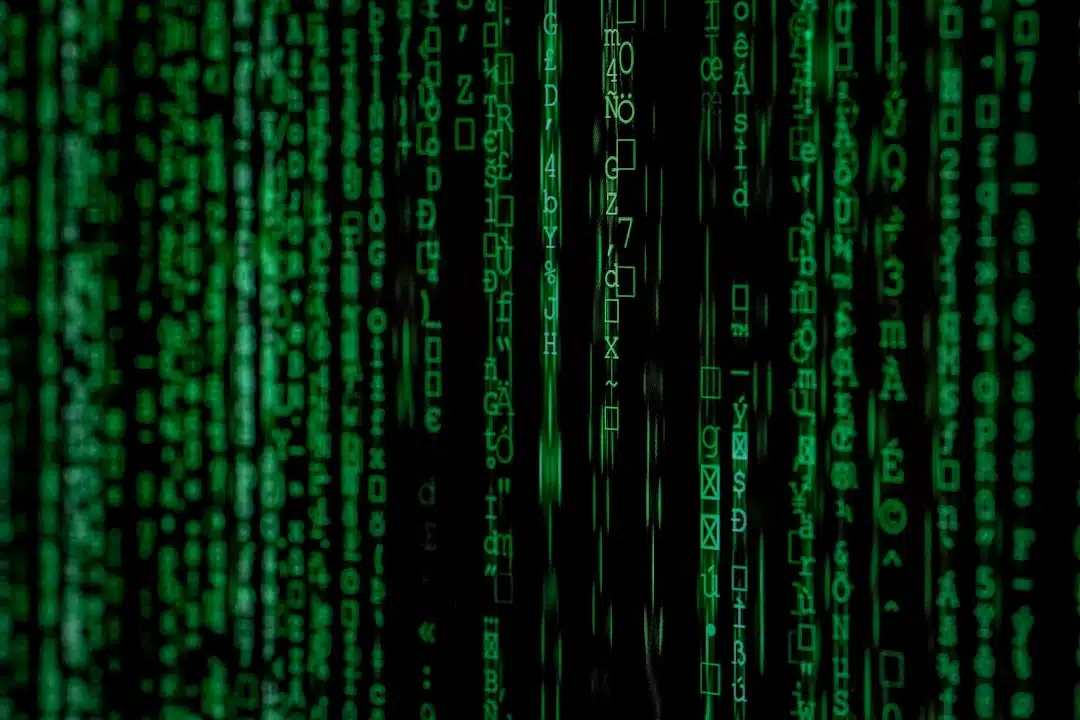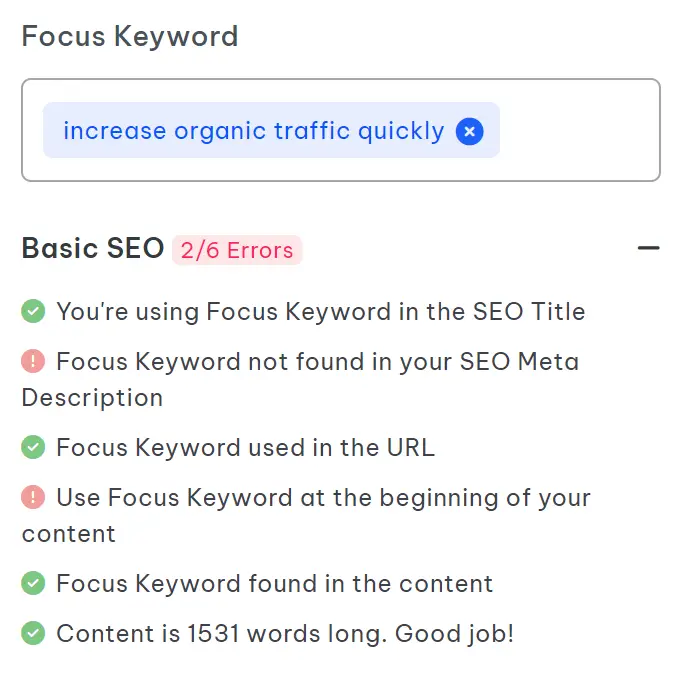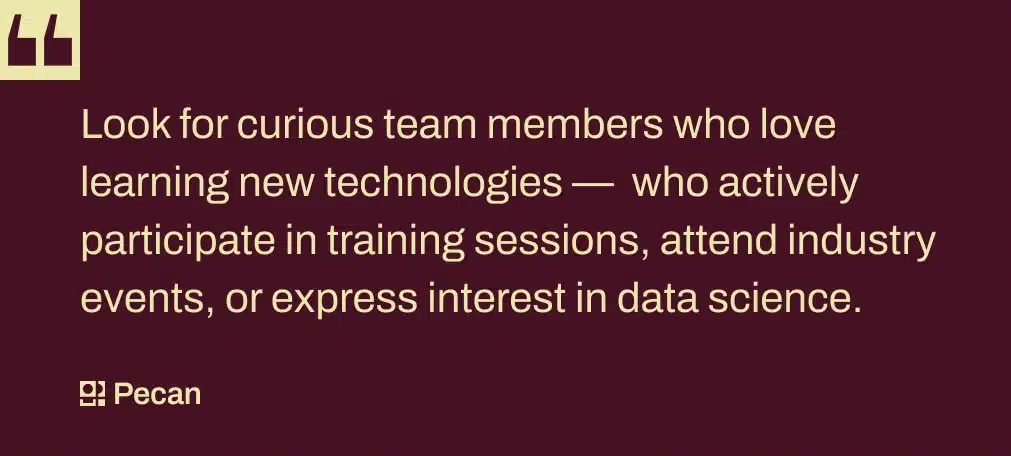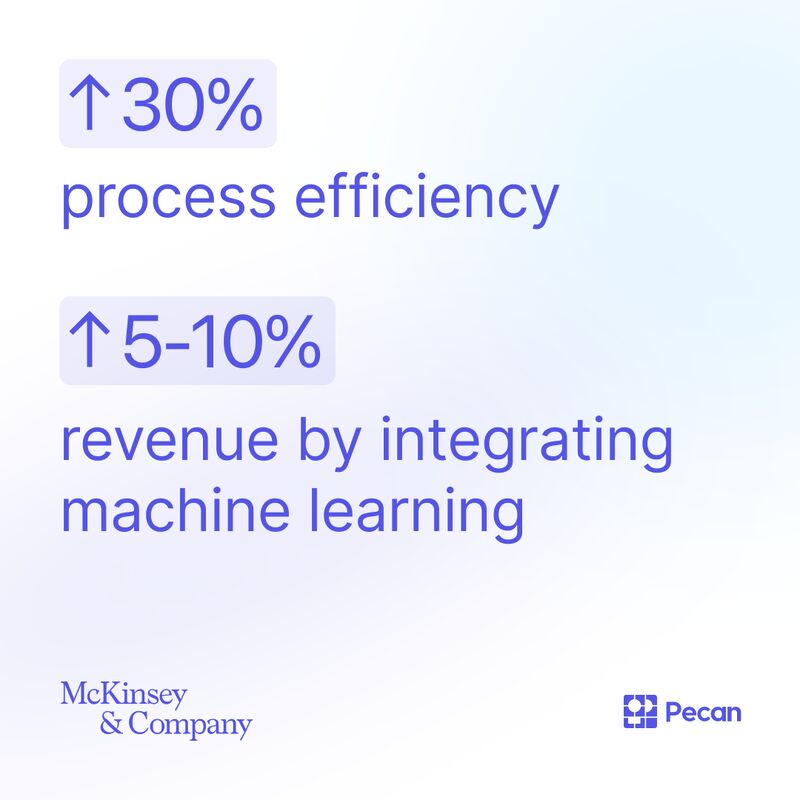In a nutshell:
- Machine unlearning is gaining traction in AI techniques for information privateness and compliance.
- Information elimination requests disrupt mannequin studying and accuracy in AI techniques.
- Moral and authorized challenges come up in dealing with information elimination requests.
- Machine unlearning methods are essential for selectively eradicating information factors.
- Machine unlearning is important for sustaining information privateness, equity, and compliance in AI techniques.
Simply after we all thought we understood machine studying, it is time to grasp a brand new idea: machine unlearning.
Machine studying — educating machines to acknowledge patterns in historic information after which make predictions about outcomes when offered new information — is now a well-recognized subject for most folk within the information world. However what occurs when a machine must selectively overlook what they have been taught?
On this situation, synthetic intelligence fashions can erase particular information factors or examples from their coaching, successfully “unlearning” sure info on demand. This may occasionally sound like a far-fetched idea, however this follow is now generally known as machine unlearning. It is poised to revolutionize the way in which we take into consideration information privateness, mannequin updates, and the moral implications of AI. With the rising concentrate on synthetic intelligence by information analysts and information scientists, machine unlearning is gaining vital traction.
Understanding the best way to deal with information elimination requests and selectively “unlearn” particular information factors from educated fashions is changing into more and more necessary for information privateness, equity, and compliance in AI techniques. The rise of machine unlearning presents thrilling new potentialities for the moral and accountable use of AI in your enterprise.
By exploring this know-how and understanding its implications for information privateness and mannequin equity, information analysts and information scientists can guarantee delicate information is dealt with ethically, paving the way in which for profitable AI implementation.
Understanding Information Elimination Requests
Information elimination requests have far-reaching implications for AI techniques and lift vital authorized and moral issues for information analysts and information scientists.
Implications of Information Elimination Requests in AI Programs
With the surge in information safety laws worldwide, information topics, who’re people whose private information is processed, now have the proper to request the elimination of their information from databases. This motion of erasure, or the proper to be forgotten, has vital implications for AI techniques.
At the beginning, it disrupts the mannequin’s studying course of. Conventional machine studying fashions can not accommodate the elimination of particular information factors as soon as they’ve been educated. A request for information elimination implies that the mannequin could need to be retrained from scratch, consuming appreciable computational sources and time.
It additionally impacts the mannequin’s accuracy. The elimination of knowledge factors can result in diminished mannequin efficiency, particularly if the erased information holds vital predictive energy. Due to this fact, navigating information elimination requests is a fragile balancing act for AI techniques — honoring consumer privateness rights whereas sustaining mannequin effectivity and accuracy.
Authorized and Moral Concerns for Information Analysts and Information Scientists
Information elimination requests pose each authorized and moral challenges. Legally, information controllers are obligated to honor such requests underneath laws just like the Normal Information Safety Regulation (GDPR) in European Union regulation. Failing to conform can lead to extreme penalties, together with substantial fines.
From an moral perspective, respecting the info topic’s autonomy and privateness is paramount. Information analysts and information scientists are liable for guaranteeing that non-public information is dealt with with care and eliminated promptly and utterly when requested. The problem lies in fulfilling this moral obligation whereas guaranteeing that AI techniques proceed to carry out successfully after the info is eliminated.
Strategies for Machine Unlearning
Understanding the strategies and methods used to successfully “unlearn” particular information factors from educated fashions is essential. Unlearning particular information factors additionally entails many moral issues.
Selective Information Level Elimination from Educated Fashions
The standard mannequin of machine studying does not simply accommodate eradicating particular information factors as soon as it has been educated. That is the place the idea of machine unlearning comes into play.
Machine unlearning is the method of selectively eradicating sure information factors from a educated machine-learning mannequin without having to retrain your complete mannequin from scratch. One approach used for that is making a “forgetting algorithm” that may successfully wipe out any information of the chosen information factors. This algorithm works by lowering the affect of the eliminated information level on the mannequin with out considerably impacting the unique mannequin’s efficiency and predictive energy.
Nonetheless, this technique isn’t totally environment friendly. It requires vital computational sources and should not all the time guarantee the whole elimination of the info level’s affect. Due to this fact, folks proceed to analysis simpler and environment friendly strategies of machine unlearning.
Moral Concerns in Unlearning Particular Information Factors
Coping with private information comes with a excessive stage of moral duty for information scientists and analysts. They need to guarantee particular person privateness rights are revered whereas minimizing the potential for information elimination to degrade AI system efficiency.
When unlearning particular information factors, information scientists should be certain that the elimination course of is thorough and full. Partial or incomplete elimination might doubtlessly result in privateness breaches, which might violate the moral tips of knowledge dealing with.
Machine unlearning requires a cautious steadiness between sustaining the effectivity and accuracy of the AI system whereas acknowledging and respecting people’ privateness rights. It’s a complicated job that requires each technical know-how and an understanding of moral tasks. The hope is that, as know-how and understanding of AI and machine studying proceed to advance, so too will the ways utilized in machine unlearning.
Sustaining Information Privateness and Equity
Because the narrative of knowledge privateness continues to evolve, machine unlearning is rising as a important software to steadiness information utilization with privateness rights. By specializing in sustaining information privateness and equity, AI techniques can construct a extra reliable relationship with information topics.
The Significance of Machine Unlearning in Information Privateness
Machine unlearning performs a big position in information privateness. It supplies a mechanism to meet the info topic’s rights to erasure and aids in sustaining privateness by guaranteeing that no traces of the eliminated information stay within the system.
By utilizing machine unlearning, organizations can delete particular information factors with out retraining your complete mannequin. This protects information topics’ privateness whereas conserving computational sources and time. Extra importantly, it builds belief and transparency, establishing a optimistic picture of the group within the eyes of the general public.
Making certain Equity and Compliance in AI Programs
Past the mandate to guard information privateness, there is a rising recognition of the significance of equity in AI techniques. With entry to huge quantities of non-public information, AI can inadvertently reinforce current biases or create new ones. Machine unlearning has emerged as a doubtlessly highly effective software to deal with these challenges.
Machine unlearning may help get rid of biases in AI fashions by eradicating biased information factors. This could result in fairer and extra reliable AI techniques. Nonetheless, guaranteeing equity is a fancy job as a result of it requires figuring out and eradicating biased information factors with out compromising the general efficiency of the AI system.
Machine unlearning may assist organizations adjust to information safety legal guidelines. As mentioned beforehand, laws like GDPR mandate information elimination upon request. Organizations can swiftly reply to those requests by implementing efficient machine unlearning methods, guaranteeing compliance, and avoiding potential penalties.
Machine unlearning is a dynamic subject that mixes technological experience with moral duty. Balancing information privateness, equity, and compliance is a difficult job that requires a considerate strategy. Nonetheless, as our understanding of AI evolves, machine unlearning is rapidly changing into a vital software within the information scientist’s equipment. It not solely presents an answer to the privateness challenges posed by AI but in addition paves the trail for extra honest and moral AI techniques.
-
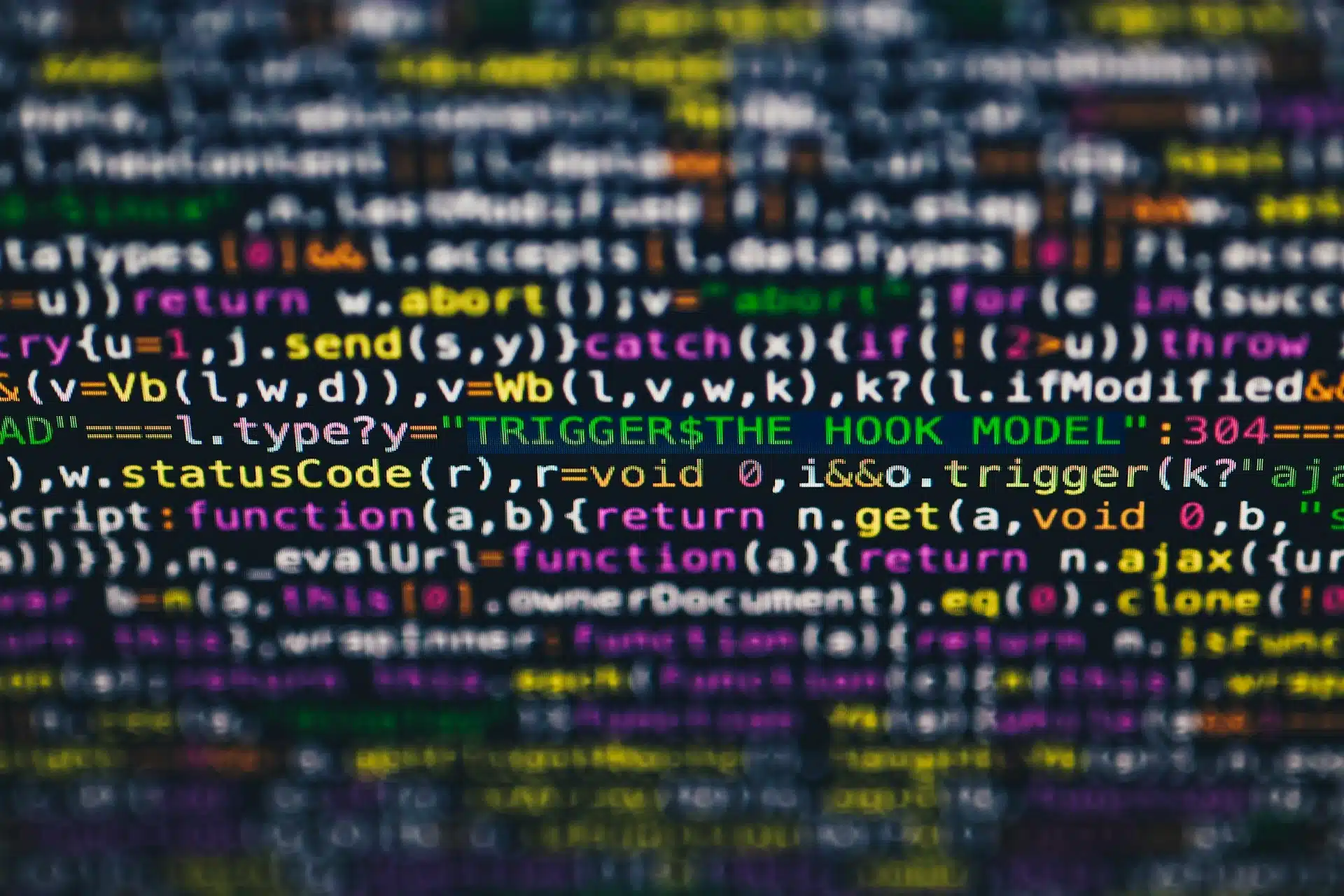
- Picture by Markus Spiske on Unsplash
Future Implications and Concerns
Because the idea of machine unlearning continues to develop and develop, it brings with it a bunch of future implications and issues. It heightens the necessity to confront moral and authorized challenges head-on whereas implementing machine unlearning in an ever-evolving panorama.
The Evolving Panorama of Machine Unlearning
The sphere of machine unlearning is in its infancy, however it’s already making waves on the planet of knowledge privateness and synthetic intelligence. Its potential to navigate the fragile steadiness between consumer privateness and mannequin effectivity has made it a sizzling subject of dialogue and research.
Machine unlearning is anticipated to evolve and increase considerably within the coming years. Superior forgetting algorithms and extra environment friendly retraining fashions will doubtless emerge. As AI techniques grow to be extra refined, the demand for machine unlearning will solely amplify.
Nonetheless, this evolution may also convey new challenges and questions. As an example, how can the method of unlearning be made extra environment friendly and fewer resource-intensive? How can AI techniques reliably overlook particular information factors whereas sustaining the integrity and efficiency of the mannequin? These are all questions that researchers and information scientists will attempt to reply as machine unlearning evolves.
Moral and Authorized Challenges in Implementing Machine Unlearning
Machine unlearning additionally presents a bunch of moral and authorized challenges. On the moral entrance, implementing machine unlearning raises questions concerning the potential misuse of knowledge and the difficulties of completely eradicating information factors. The fitting to privateness have to be rigorously weighed towards the advantages of machine studying for companies and society at massive.
Legally, information safety laws have gotten extra stringent and widespread. Because of this, organizations might want to guarantee their machine unlearning practices are compliant with these legal guidelines to keep away from hefty penalties.
The authorized panorama itself can be more likely to change. Because the idea of machine unlearning positive aspects recognition, new legal guidelines and laws particularly addressing it could be enacted. Organizations might want to keep abreast of those modifications to make sure their practices stay compliant.
Machine unlearning is a burgeoning subject brimming with promise for information privateness and equity. But, vital challenges lie forward, demanding accountable navigation. As this space thrives, information analysts and scientists should prioritize moral issues. Adaptability might be key in a always evolving regulatory panorama. By embracing these rules, AI techniques can obtain each sturdy efficiency and respect for consumer privateness.
Backside Line
The rise of machine unlearning underscores the significance of moral and authorized issues within the subject of synthetic intelligence. As information analysts and information scientists, we’ve a twin obligation—to push the boundaries of what AI techniques can obtain whereas additionally respecting and defending the privateness of people whose information we course of.
As we forge forward on this comparatively new terrain, we’d like a deep understanding of knowledge elimination requests. How these requests are dealt with and the way particular information factors are “unlearned” from educated fashions pose each technical and moral challenges. This can be a complicated enterprise, requiring each technical acumen and moral sensitivity.
However the problem does not finish there. With the arrival of stringent information safety laws, we should additionally be certain that AI techniques are compliant and honest. The machine unlearning course of have to be sturdy sufficient to guard folks’s privateness rights however versatile sufficient to not compromise the efficiency and integrity of the AI system.
Wanting forward, the panorama of machine unlearning is anticipated to evolve considerably. Specialists foresee the event of extra superior forgetting algorithms and environment friendly retraining strategies. The demand for machine unlearning will nearly definitely enhance, and with it, the challenges and questions we should face.
Implementing machine studying will undoubtedly current moral and authorized challenges. Balancing the proper to privateness with machine studying’s advantages for companies might be a important situation. As information safety laws grow to be extra stringent, organizations should preserve compliance to keep away from hefty penalties.
As the sphere of machine unlearning continues to develop and evolve, its significance for information analysts and information scientists can’t be overstated. It isn’t nearly staying on the chopping fringe of synthetic intelligence know-how—it is about prioritizing moral issues and being ready to reply swiftly and responsibly to altering authorized landscapes. By doing so, we are able to be certain that the AI techniques we develop respect privateness rights, preserve sturdy efficiency, and adjust to all needed laws. The way forward for AI is brilliant, and accountable growth hinges on our skill to harness the ability of machine unlearning.
Wish to check out Pecan’s strategy to machine studying? Begin a free trial now, or get a guided tour.


